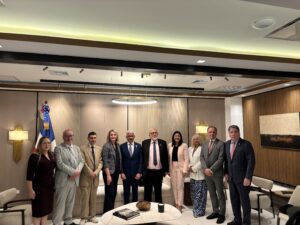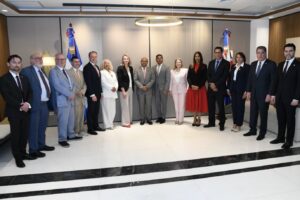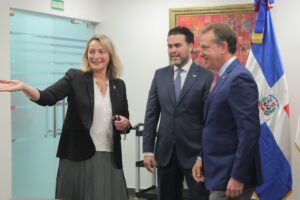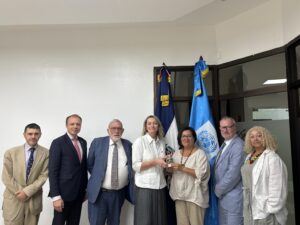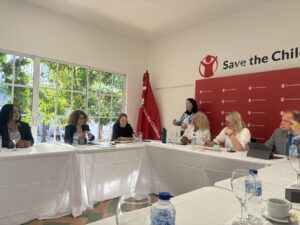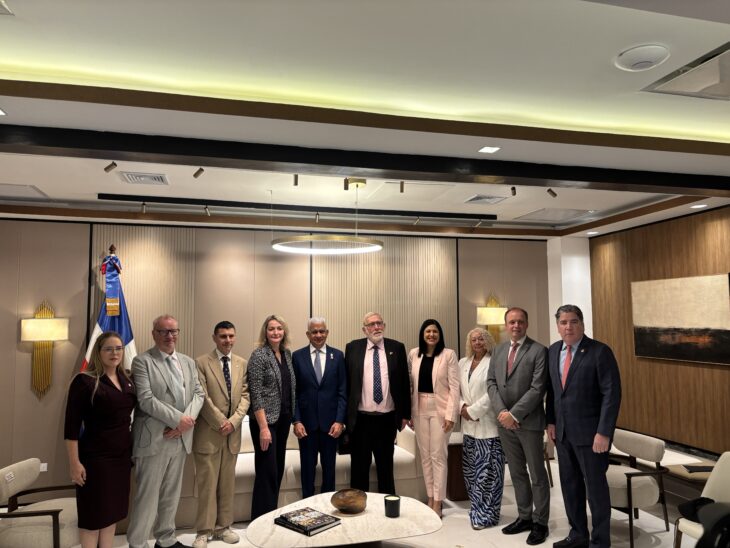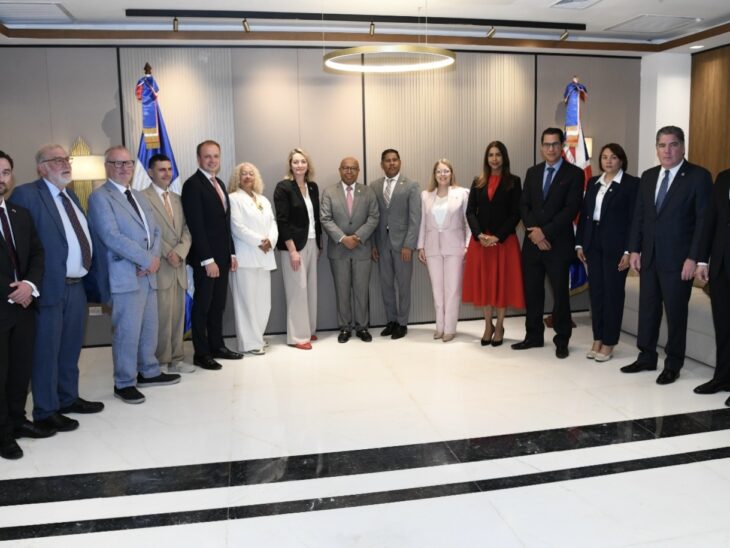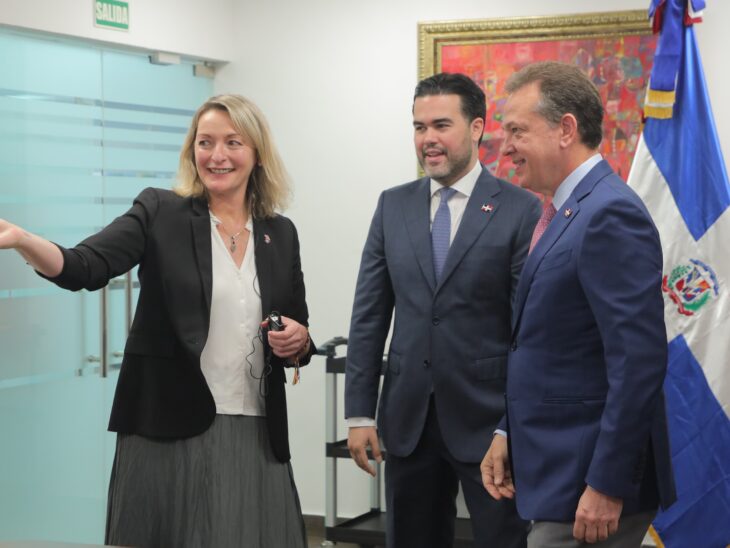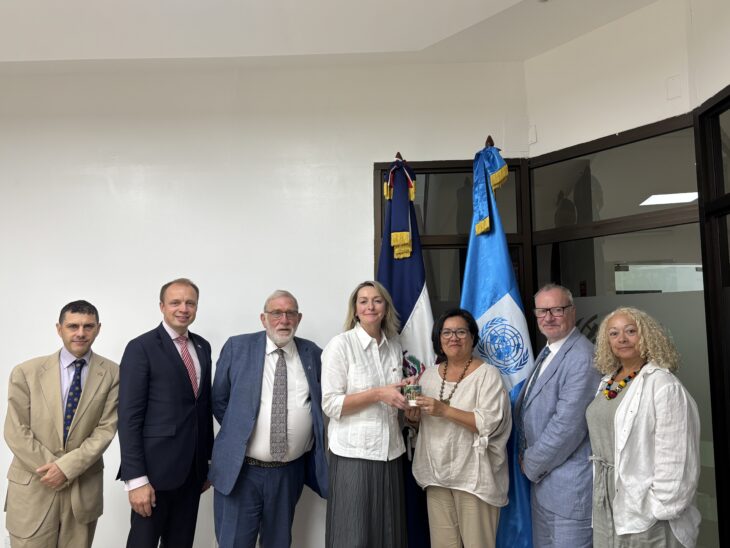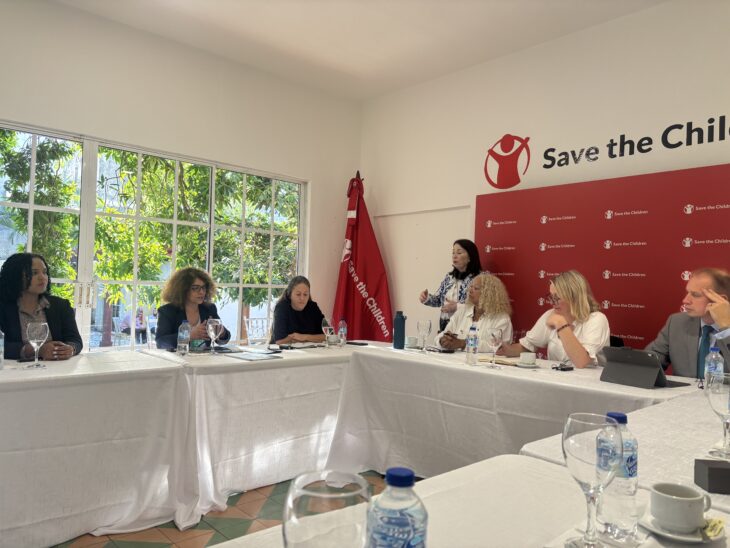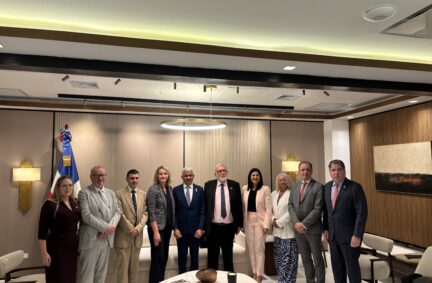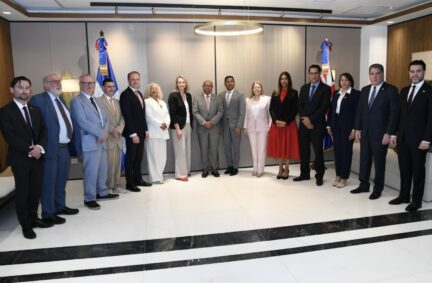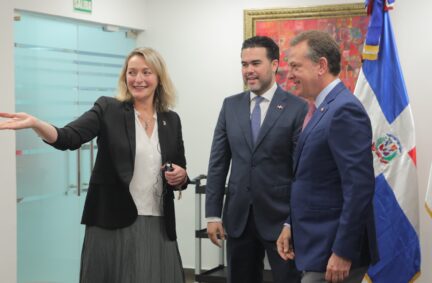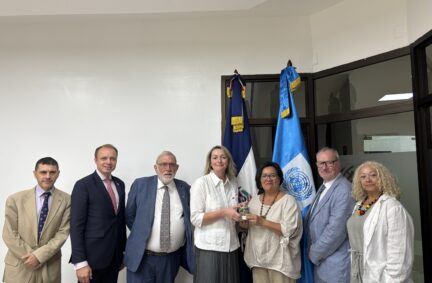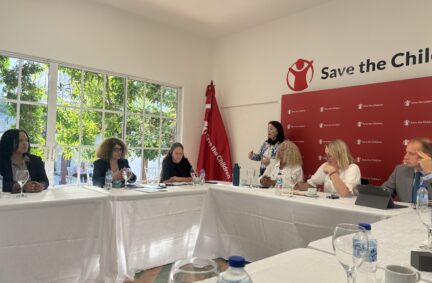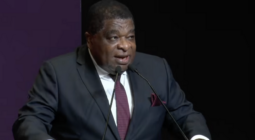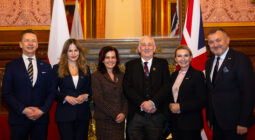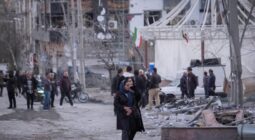

UK parliamentarians undertake wide-ranging visit to Dominican Republic to bolster relations
From 6-11 October, I was privileged to lead a cross-party group of UK Parliamentarians from both Houses to the Dominican Republic following a successful recent incoming delegation from the DR. Our delegation included Lord Randall, Kim Johnson MP, Pete Wishart MP, Alex Sobel MP and Darren Paffey MP and our visit was organised by the BGIPU’s Joe Perry alongside our Embassy led by Ambassador Carol Ann Van der Walt and on the Dominican side by Carlos Espaillat and team. Our thanks to them for the organisation of an excellent, wide-ranging programme.
We were travelling in a year which marks the 175th anniversary of the UK’s recognition of the independence of the Dominican Republic, the first country in the world to do so. Although the DR’s primary foreign partnership clearly lies with its US neighbour, there is a clear acknowledgement on both sides of the strong friendship between our two countries and historical ties.
Sharing the island of Hispaniola, much of our visit was spent discussing the crisis in Haiti marked by political instability, gang violence and a deepening humanitarian emergency. Despite the unity government, gangs control 90 per cent of Port-au-Prince, violence and kidnapping are rife and it is estimated that 16,000 have been killed since 2022. Our visit followed recent initiatives at the UN including the creation of a Gang Suppression Force to replace the Kenyan-led security support mission. We were able to gain perspectives on what more could be done internationally to tackle the gangs, restore function in government, and the role of the Dominican Republic in helping to rebuild if stability is achieved.
It was invaluable for the delegation to meet with NGOs including Save the Children as well as UN leads to discuss the crisis in Haiti, which I think we all felt deserves greater attention in the UK than it currently receives.
With 1.3 million Haitians displaced, we quickly learnt the crisis dominates the Dominican Republic’s political discourse, with the Government’s policy of deportations being supported by several opposition parties but is not without its criticism. This policy impacts not only those crossing the border but also Haitians born in the DR without documentation. It also has a knock-on effect for sectors like tourism and agriculture who rely on Haitian workers. We were grateful to the Director General of Migration for the opportunity to examine these issues.
Our thanks also to the Trade Minister and British Chamber of Commerce for an opportunity to learn more about the DR’s economic success – the DR is outperforming its regional peers, has the largest economy in the Caribbean and the 7th largest in Latin America. The Government’s target is to double the size of the economy in the next 12 years, and we discussed the aim to ensure the benefits of development are shared.
This is an island which welcomes 11 million visitors a year, and we had the chance to visit Punta Cana to learn more about how tourism is developing alongside free trade zones as the DR positions itself as a strategically located logistics hub for the largest consumer in the world. We were also able to meet a range of businesses, Ministers and commissions (committees) and can clearly see the potential for UK companies to collaborate on infrastructure projects, rare earths, renewables and more following the Government-to-Government memorandum signed in 2024. A UK business delegation led by the Caribbean Council was taking place the week after our visit.
The DR is one of the 20 most exposed islands in the world to climate change. We learnt more about the Government’s impressive plans to ensure that 25% of energy comes from renewables with a view to expanding this further to feed a growing semiconductor and data centre industry. Sargassum seaweed continues to visit the Caribbean’s beautiful beaches and there was much discussion of the need to collaborate on research internationally as the problem grows.
Other meetings included the Education Minister and Technology Commission with whom we examined strengthening stem capabilities though education and training, and the potential for cooperation between our universities. It was also wonderful to meet so many Dominican Chevening scholars who have studied at UK universities and are now doing valuable work in their country.
We visited to learn, share and build on the relationship between our two countries and as part of that made many connections with Dominican politicians during our visit. We had the great pleasure of being greeted in the Chamber of Deputies and met both Speakers in Parliament, which gave us a valuable insight into their bicameral system and the work of the Constitutional Court.
It is the intention of our group to strengthen this relationship during Dominican Week in the UK in November. This will celebrate those things which attract so many British tourists – a vibrant culture, history, food, and merengue – in particular with the capital Santo Domingo being the oldest permanent European settlement in the Americas. I know that we will also want to meet with FCDO Minsters to discuss Haiti – a subject about which we will all undoubtedly want to look for opportunities to raise in the House in coming weeks.
